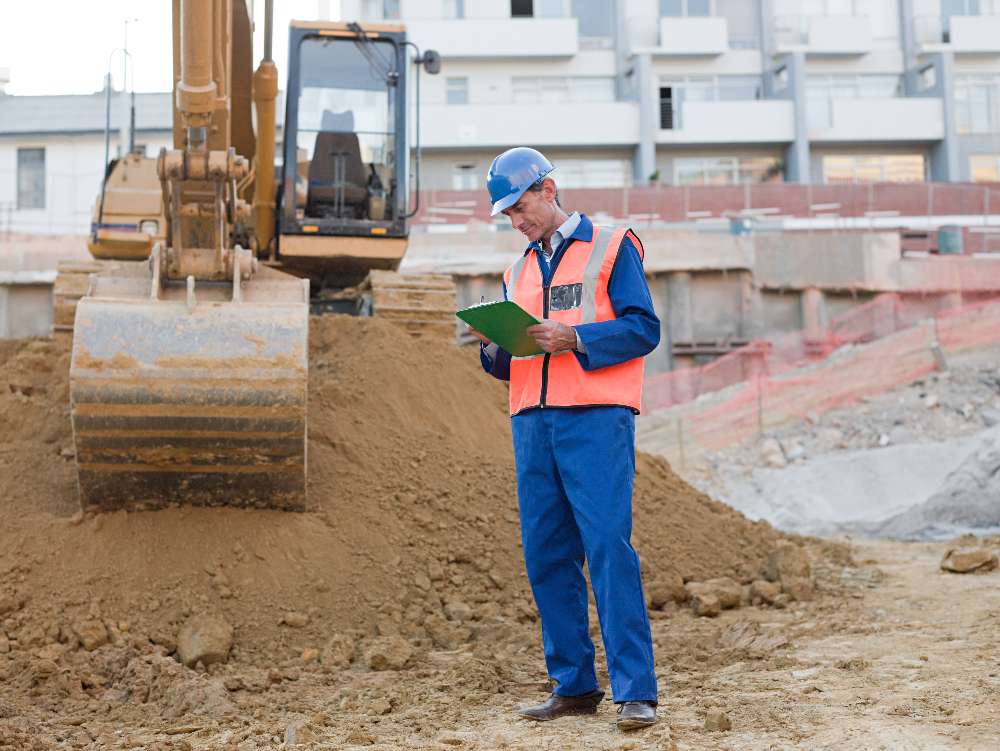Project delays have long been an issue in the construction business, but they've grown more common — and more expensive — since the epidemic began. It is a significant problem that homeowners experience regularly. It can be exasperating when delays continue, and you feel stuck in the middle. This blog is written to help homeowners understand the causes of construction delays and clarify why they occur. By reading this blog, we hope you'll be able to understand better what's going on and be able to take steps to resolve the delay.
- Weather
The weather has always been a critical source of project delays because of the magnitude of its influence. Fortunately, because project owners and contractors cannot forecast or control weather conditions, weather delays are excused. Flood events, wildfires, hurricanes, earthquakes, tropical storms, ice storms, snowstorms, and severe rain are all-weather circumstances usually covered by a contract and are referred to as unforeseen circumstances.
- Pandemic
COVID-19 has had a substantial influence on the construction industry by increasing delays. It might be argued that it was the principal cause of project delays in the years that followed. In many situations, the entire COVID-19 pandemic has been deemed a force majeure, resulting in an excusable delay. Before COVID-19, conventional force disaster contract conditions did not cover pandemics (or epidemics). Still, the pandemic and its implications, including social isolation, corporate closures, and quarantine procedures, were first regarded as excusable. As a result, pandemics are now included in most contracts' force majeure clauses. This, however, may only sometimes apply to COVID-19-related labor issues now or in the future.
- Other Contracting Parties' Actions
For construction to take place, many contractors and subcontractors are needed. Unfortunately, delays can occur when the actions of other contracting parties delay or prevent work from being done by the project owner's contractor. One typical example is a dispute between project owners and general construction labor unions about wages and working conditions that can lead to a slowdown in construction projects (or even strikes).
- Governmental Initiatives
The government can also delay construction by issuing or taking other actions that delay permits, approvals, or funding. For example, quarantines, lockdowns, temporary company closures, and the suspension of non-essential work were all adopted during the pandemic's peak. These instances were considered government activity and excusable, in addition to being recognized as pandemic-related in force majeure laws. Though most of these procedures have been phased out, for the time being, any new government activities related to COVID may be considered excusable delays depending on contract language.
- Shortage of labor
In some cases, labor shortages can lead to construction delays. For example, when job vacancies are few and far between, employers may be reluctant to offer jobs to potential new employees or require applicants to have more extended work experience than usual to qualify for the positions. This situation can also arise when a project is located in a particularly hard-to-find area or if more workers need to be qualified for the specific type of construction project being undertaken. By being proactive about efforts to bear on the project, construction managers can overcome this labor shortage and get work started on time.
- Delay within the supply chain distributor
A delay in the construction of a subcontractor can also lead to delays for the project owner's contractor. For example, suppose a supply chain supermarket has to order materials from several suppliers before they can start constructing the project. In that case, this process may take longer than expected and cause construction delays. This can, however, be avoided by coordinating the order process between suppliers to minimize the amount of uncertainty each institution causes.
- Failure getting permits
Please ensure permits from the government or other third-party organizations to avoid delays if a construction project requires permits. Obtaining required permits can be time-consuming and often requires coordination with other agencies, which may take time to happen when multiple stakeholders are vying for attention. To avoid the delay process, it may be helpful to have a plan of action in place and to keep the project owner updated on the progress of permit approvals.
If you are experiencing construction delays, it's essential to know the various causes. By understanding the different factors at play, you can work to mitigate the delays and get your project back on track. In addition, having an idea of what causes the delay and how you can work your way through them will go a long way in completing the project on time.

